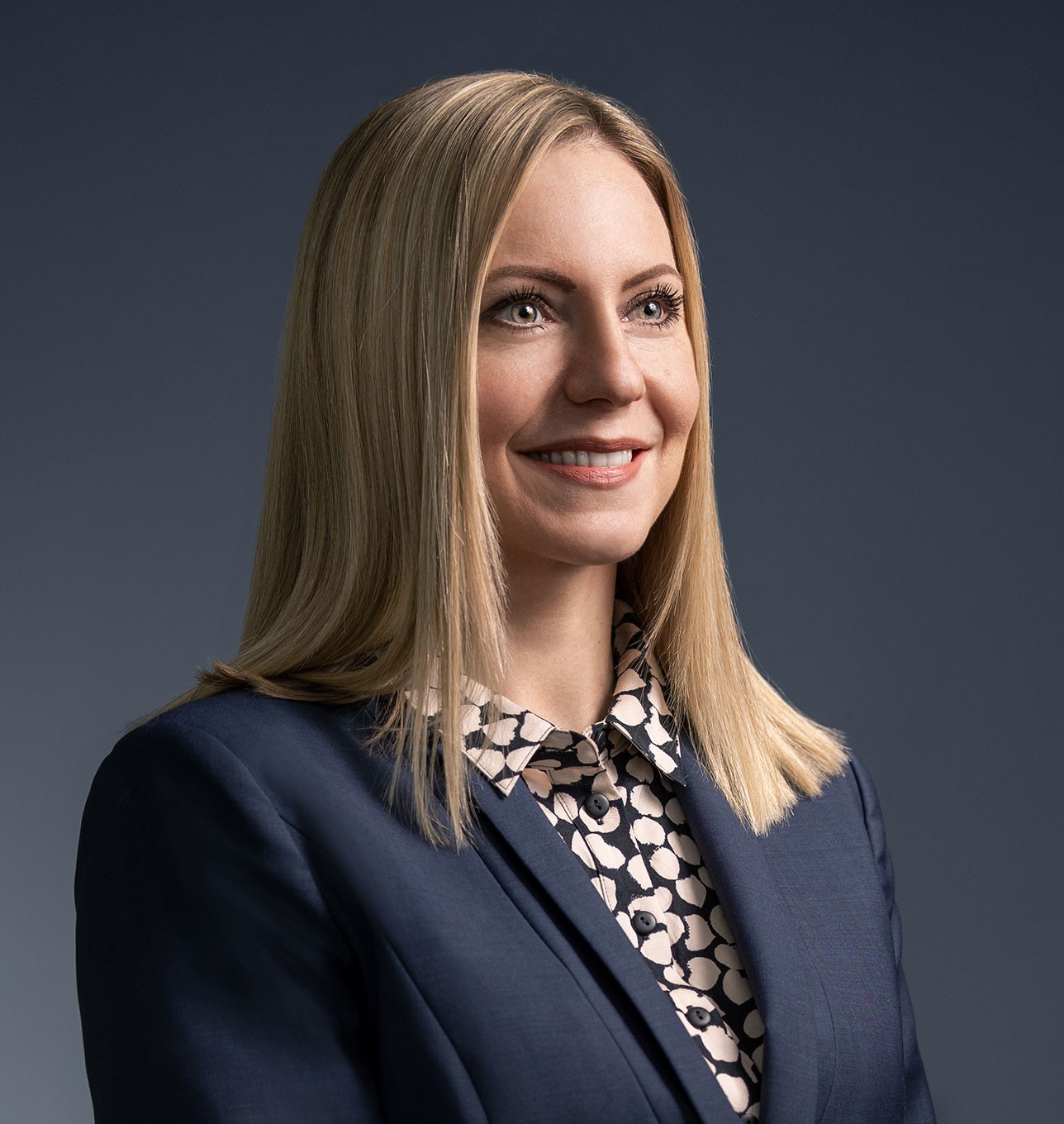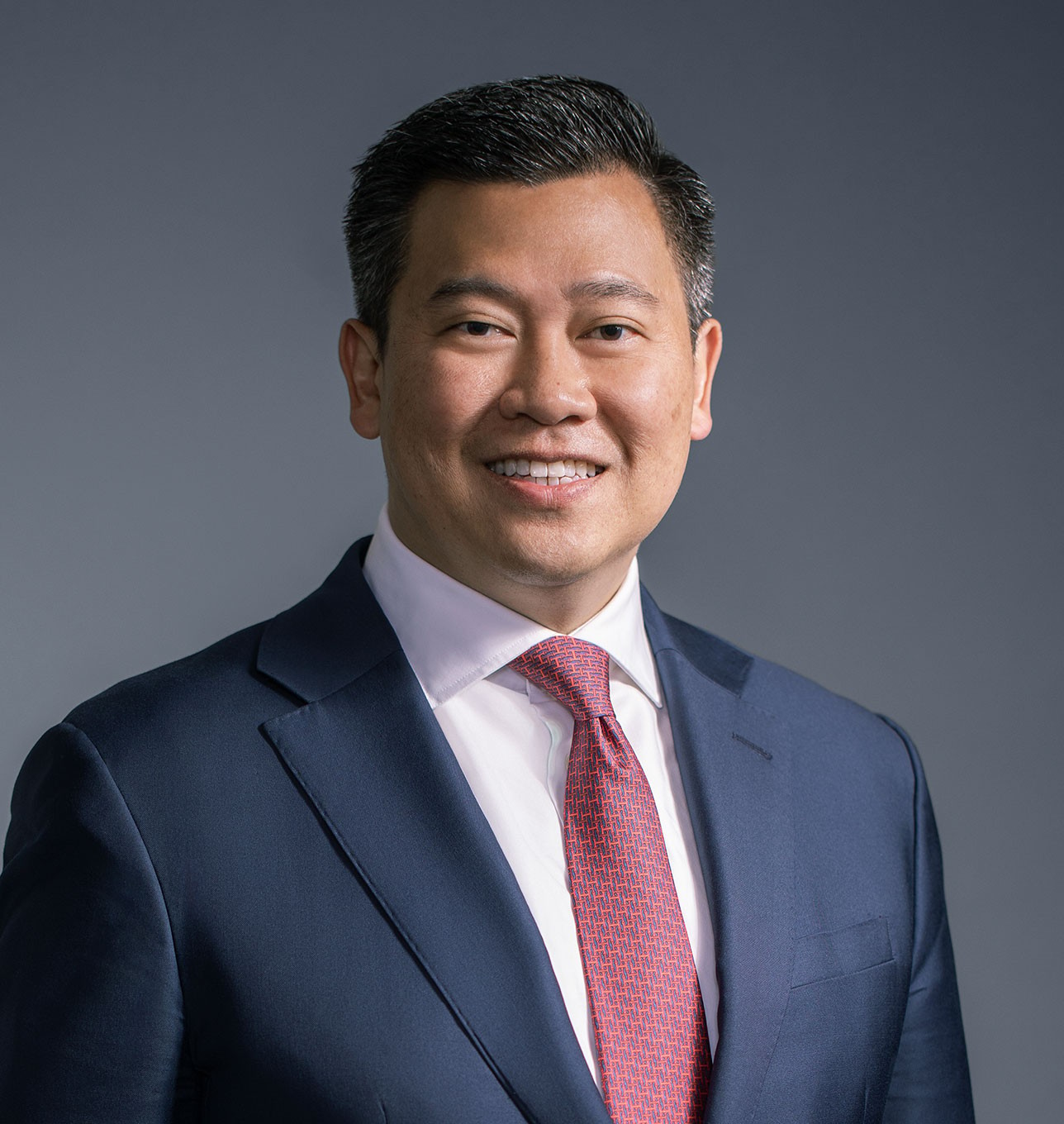Conditional Fee Agreements (CFAs) permitted in Singapore from 4 May 2022
From 4 May 2022, for the first time in Singapore, lawyers and their clients are legally permitted to enter into conditional fee agreements (CFAs) in relation to arbitrations and certain court proceedings. Under CFAs, part or all of a lawyers' fees and costs, including any success fee, are conditional on the outcome of the dispute. Before today, such CFAs were prohibited and unenforceable in Singapore under common law rules against maintenance and champerty. This significant and highly-anticipated development brings Singapore closer in line with the position in other top global dispute resolution centres and further strengthens Singapore’s position as leading seat for international arbitration.
The new CFA regime should improve funding options for clients (in addition to traditional fee arrangements and third party funding) and enhance access to justice for impecunious parties. In this Legal Update, we provide a practical overview of the new CFA regime.
Brief background
The Legal Profession (Amendment) Act 2022 (the LPA Amendment), effective (in most part) on 4 May 2022, amends the Legal Profession Act (the Act) to provide for a new CFA regime.
The genesis of the LPA Amendment was the Ministry of Law's August 2019 public consultation on reforms to permit CFAs, which received positive feedback. Prior to 2019, earlier consultations over the past decade on reforming international arbitration have also occasionally touched on conditional fees and litigation funding. Although traditionally averse to outcome-related fee arrangements, in implementing this amendment Singapore marks a paradigm shift, influenced by long-standing CFA developments overseas and a strong desire to enhance and maintain Singapore's position as a premier global legal services hub and one of the world’s most popular seats of arbitration.
The Legal Profession (Professional Conduct) Rules 20151 have also been amended to be consistent with the changes to the CFA landscape and make it clear that it is not a breach of professional conduct rules for Singapore-based lawyers to agree success fees. These amendments took effect from 4 May 2022.
The new CFA regime
The new CFA regime applies to Singapore law practices and relevant foreign lawyers and foreign law practices in Singapore.
What amounts to a CFA in Singapore?
The Act refers to a CFA as an agreement between lawyers and their clients which provides for the whole or part of the lawyer’s fees and costs in dispute resolution proceedings (in Singapore or outside Singapore) to be payable only in specified circumstances set out in the CFA. These can be defined in a CFA to include a range of foreseeable outcomes, such as where the client is successful in its claims or defence or where certain other agreed outcomes (defined as ‘success’) are achieved (for example, early settlement of the case). The CFA can provide for the payment of a success fee or ‘uplift’ on fees, namely a higher fee payable as legal fees (than would otherwise be payable without a CFA) if the lawyer achieves the specified circumstances defined as ‘success’.
Under the new regime, ‘no win, no fee’ CFAs or ‘no win, less fees’ CFAs can be agreed. In the first scenario, lawyers and clients can agree that if the claim fails, the lawyer receives nothing but if the claim succeeds, the lawyer receives 200% of fees (100% representing the actual fees incurred and 100% representing the uplift).
In the second scenario, the client can agree to pay a certain percentage of their lawyer's fees and costs whatever the case outcome (e.g. 50% of fees and 100% of disbursements), with, for example, 150% of those fees falling due if the claim succeeds (50% of that comprising the success fee through an uplift on fees).
When can CFAs be used in Singapore?
Mirroring the recently-enacted third party funding regime in Singapore, CFAs are permissible in the same categories of proceedings:
- international and domestic arbitrations;
- Singapore International Commercial Court proceedings; and
- related court and mediation proceedings2.
This policy is coherent because it can be said that permitting CFAs logically flows from a liberalisation that permits third party funding. Both reforms involve allowing a party other than the litigant to acquire an interest in the dispute proceedings, in exchange for an outcome-driven incentive structure. In practice, this also means that CFAs and third party funding can be used alongside each other, offering even more flexible funding solutions. Accordingly, this development is particularly welcome because it meets a long-standing expectation of sophisticated international parties arbitrating and litigating in Singapore.
In light of the new regime, clients may also wish to convert traditional fee arrangements that they currently have in place into CFAs, particularly if they prefer to have their lawyers’ economic interests aligned with theirs, or if this would alleviate a cash flow issue within their business.
What are the new requirements?
Parties can negotiate a mutually agreeable CFA with their lawyer, but these are subject to specific requirements of the Act and the Legal Profession (Conditional Fee Agreement) Regulations 2022. As with all funding arrangements, the contractual terms will require careful consideration and negotiation. While it is permitted, law firms in Singapore are likely to be reluctant to make disbursements (arbitral institution fees, counsel fees, expert fees etc.) conditional under a CFA to avoid the risk of not being reimbursed if the client loses, so issues like this will need addressing at the outset.
Turning to the key requirements and features under the Act:
- Before a CFA is executed, lawyers must give their clients certain information and the client must sign and date an acknowledgement that he has received and understood that information. This includes information about the nature and operation of the CFA (including its terms), the client's right to seek independent advice before entering the CFA, and the fact that any uplift fee is not recoverable from the losing party and that the client remains liable for any costs order a court or tribunal makes against them.
- The CFA must be in writing and signed by the client. The CFA does not remove the need for an agreed terms of engagement between the lawyers and the client.
- The Act is prescriptive as to certain terms that have to be included (set out in Regulation 5). One such term is a 5 day cooling-off period following signature of the CFA, during which time it may be terminated (generally, without cost liability).
- A CFA will not affect the recovery of costs by another party from a client who has engaged lawyers under a CFA.
- A client who has engaged lawyers under a CFA cannot recover from the losing party more than the amount payable by the client to the client’s lawyer.
- CFAs can cover fees and costs associated with preliminary and preparatory advice in relation to, as well as the negotiation or settlement of, any contemplated proceedings. This applies even if those proceedings are never commenced or if the dispute is settled but, in both cases, the CFA needs to carefully reflect the specific conditions pursuant to which the uplift will be triggered.
Are there any restrictions?
- It is important to note that damages-based contingency fees (damages-based agreements or "DBAs") are still not permitted in Singapore; this means that, unlike in certain jurisdictions, success fees cannot be calculated as a percentage or proportion of the amount of damages awarded or other amounts recovered in the dispute. This stems from the Ministry of Law’s concern that DBAs provide a monetary benefit to lawyers that has “no direct correlation with the work done” and “may give rise to added risks of conflicts of interests for the lawyer”.3
- Further, as noted above, the uplift fee is not recoverable as part of party-and-party costs (i.e. it cannot form part of an adverse costs order). This limitation should (i) prevent satellite litigation, such as the losing party challenging the validity of the CFA, and (ii) may encourage the negotiation of reasonable uplift fees. There is at present no maximum limit to the uplift on fees that may be charged and what is reasonable would depend on the facts and the extent of risks shared with the lawyers. As a safeguard for clients, the CFA framework expressly recognises the importance of clients being advised that they may seek independent advice when negotiating a CFA with their lawyers.
Who oversees the CFA regime?
To safeguard against abuse, the Singapore courts retain ultimate oversight over the enforcement of CFAs. For example, the courts are empowered to enforce or set aside the CFA if a client changes its lawyer or law firm while the CFA is still operative. The Act also deals with the consequences of the death, incapacity of a lawyer, or winding up of a law firm in circumstances where a CFA is not fully performed. These provisions should offer clients comfort that the new regime offers sufficient support (through local courts) in the event problems arise with their CFAs.
Discovering more about the CFA regime
We understand that the Law Society of Singapore will publish in due course a "Guidance Note on CFAs".
For more information about the new CFA regime, what it may mean for your business, as well as how to leverage Mayer Brown’s extensive experience with CFAs across its global practice, please contact Yu-Jin Tay, Paul Teo, Kay-Jannes Wegner or Lisa Dubot.
You are also welcome to join us in our panel discussion on 22 June 2022 on "Negotiating a Litigation Financing Agreement You Can Live With". We will cover the ways that your company can maximise its return when negotiating a litigation financing agreement and discuss how to know when a funder is offering you good commercial terms, when you should say 'yes' or walk away from the deal and how you can shield the negotiations from discovery. You can register here.
1 See the Legal Profession (Professional Conduct) (Amendment No.2) Rules 2022.
2 See Legal Profession (Conditional Fee Agreement) Regulations 2022, paragraph 3
3 https://sprs.parl.gov.sg/search/sprs3topic?reportid=bill-565




